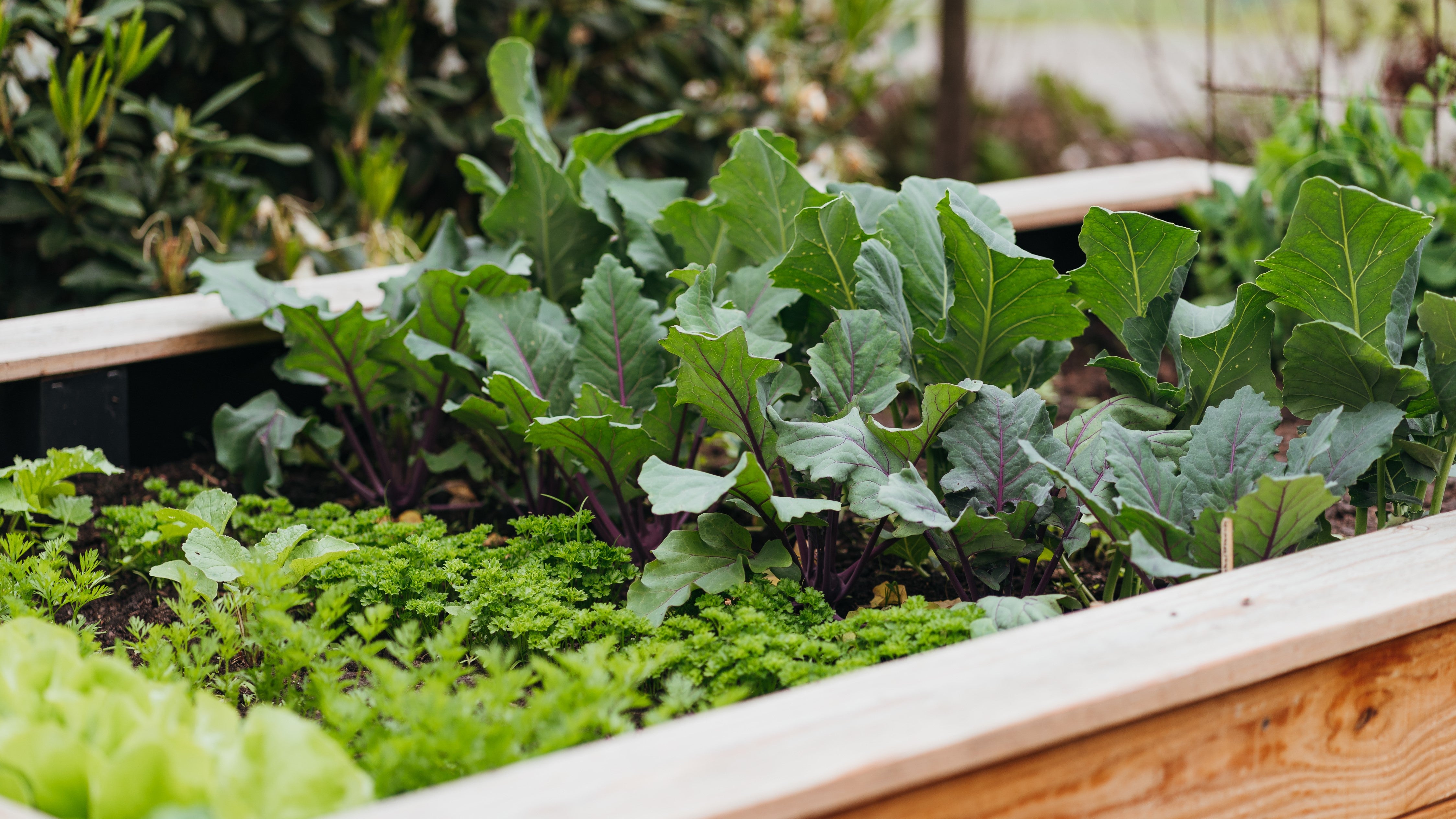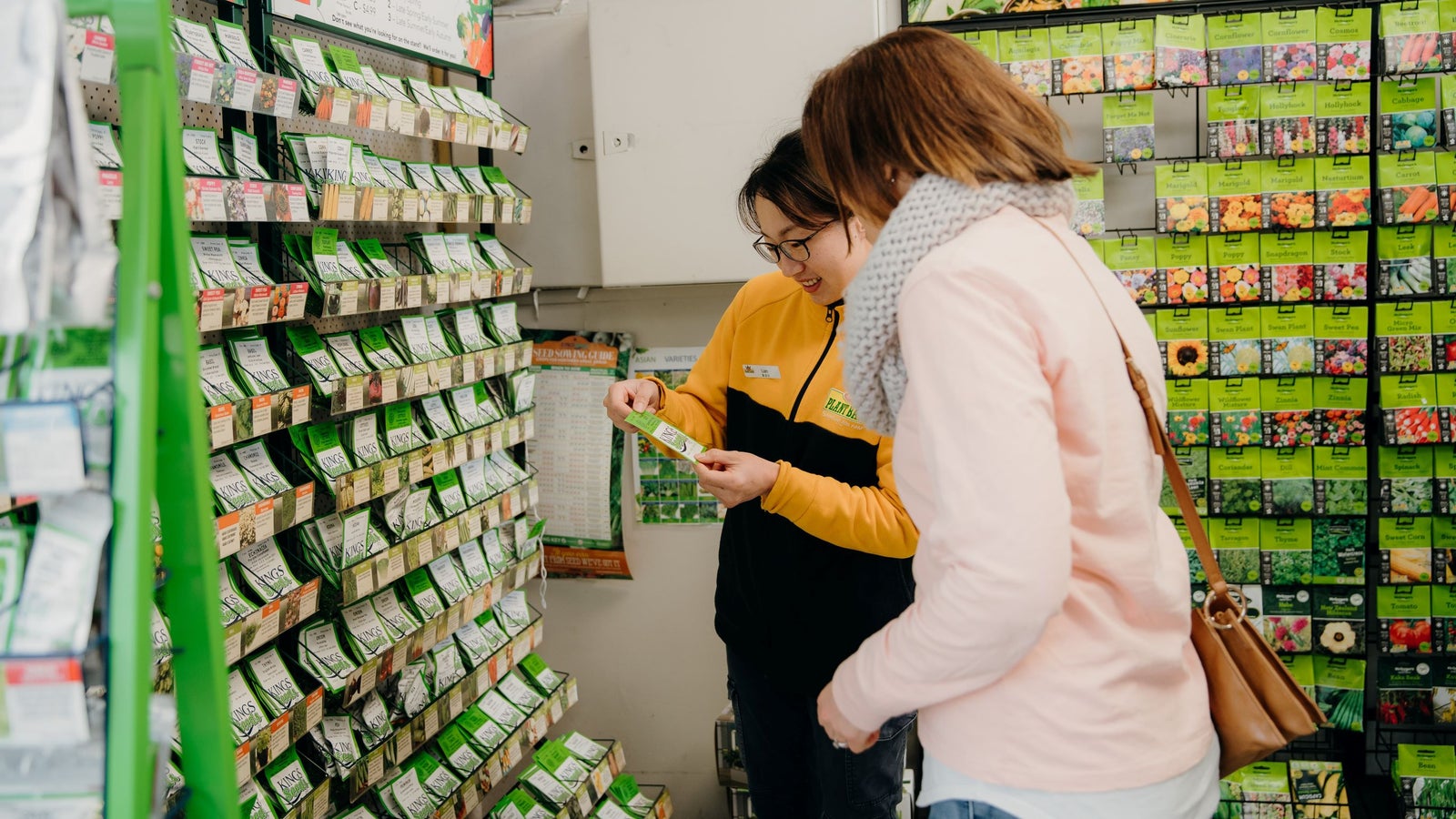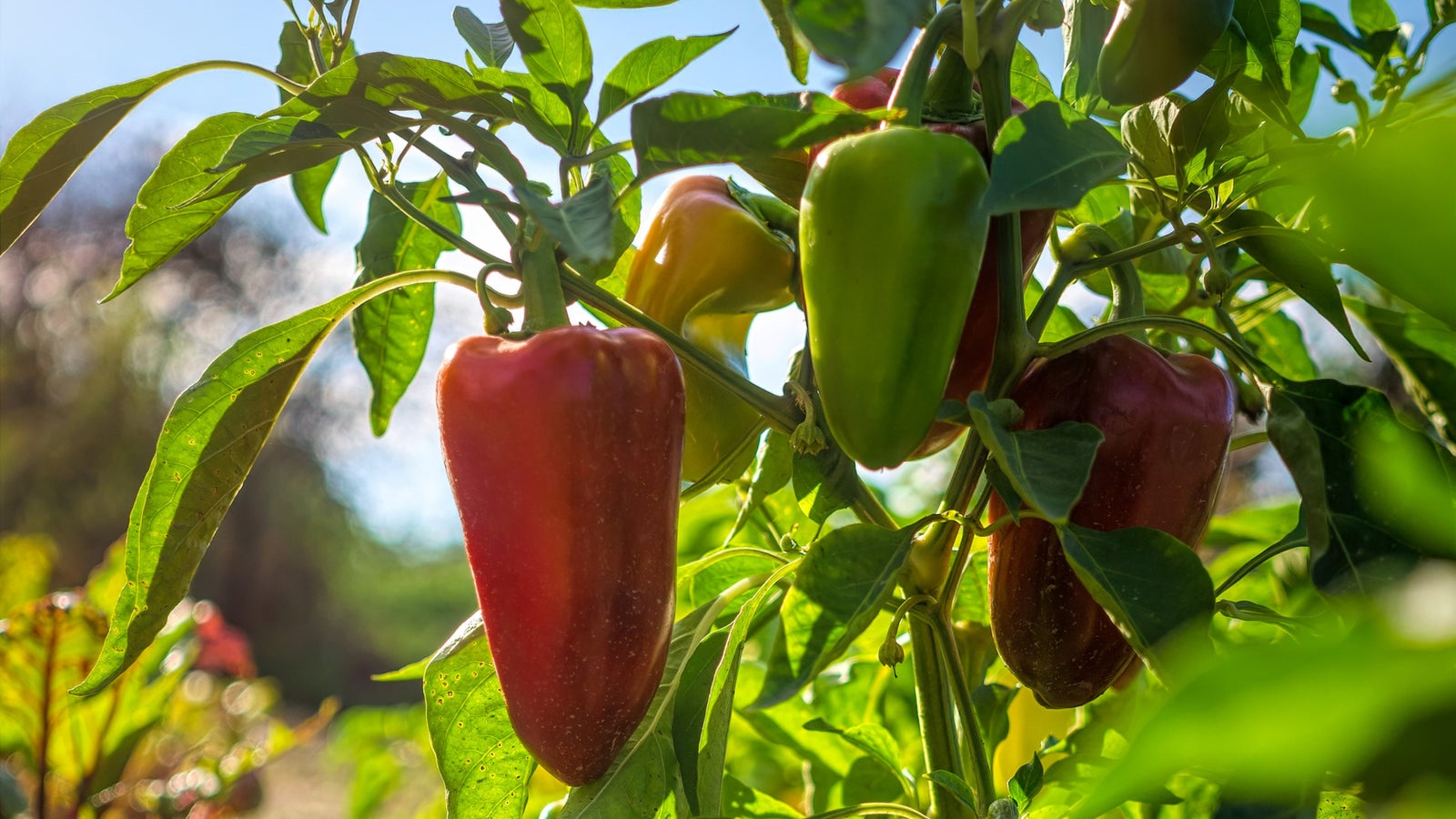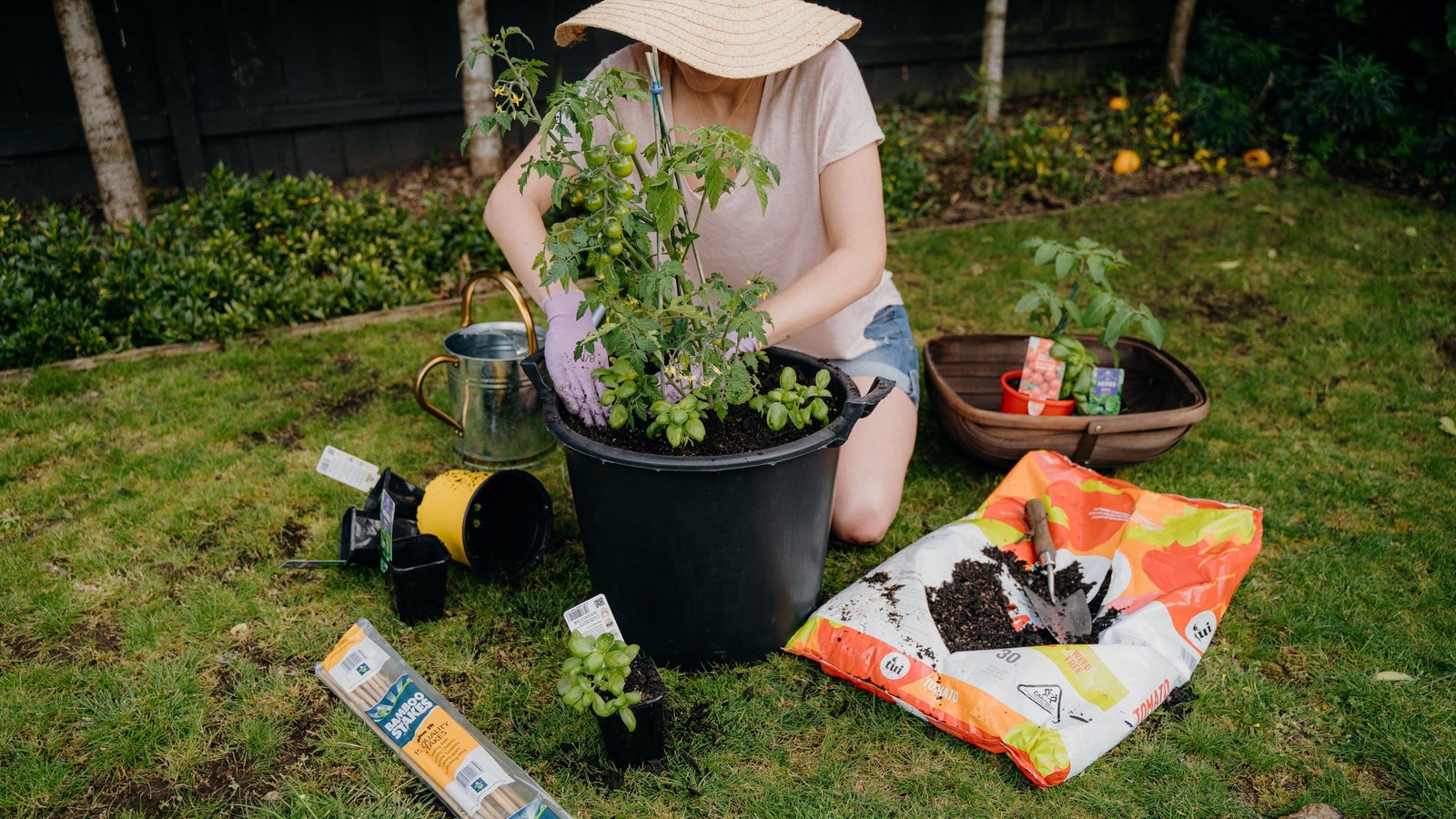
A Beginner's Guide to Starting a Veggie Garden
10 Sep, 2022
Light on your pockets and on the planet!
Be a control freak. It’s ok!
Taking charge of what you eat and how it's grown is awesome. You can make sure that what goes on your plate suits you. You know what goes on and into your plants. You can say no to harmful chemical sprays, and you have complete control over what goes in your soil and what fertilisers are used. Plant what you want and when you want. Get your hands dirty and eat clean.


